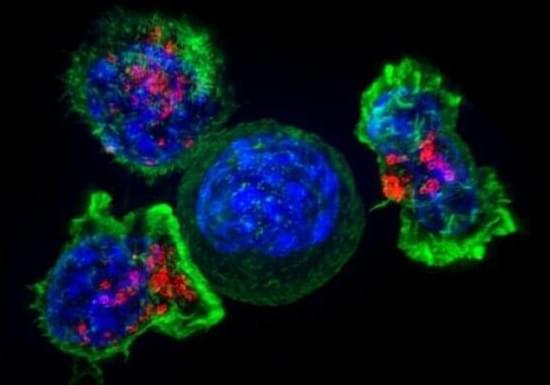One of the challenges in treating cancer is stopping it from metastasizing, and a new study reveals one of the fundamental mechanisms through which this happens. Now we know about this mechanism, perhaps we can stop it.
Key to this newly discovered process is GRP78, and it’s what’s known as a chaperone protein. It’s a type of protein that lends a hand in the folding or unfolding of larger proteins, basically building them up (or tearing them down), which then affects whether they’re biologically active and functional.
A team led by the Keck School of Medicine at the University of Southern California (USC) in the US found that cancer cells can hijack GRP78, using the protein to spread further in the body and resist treatment.
